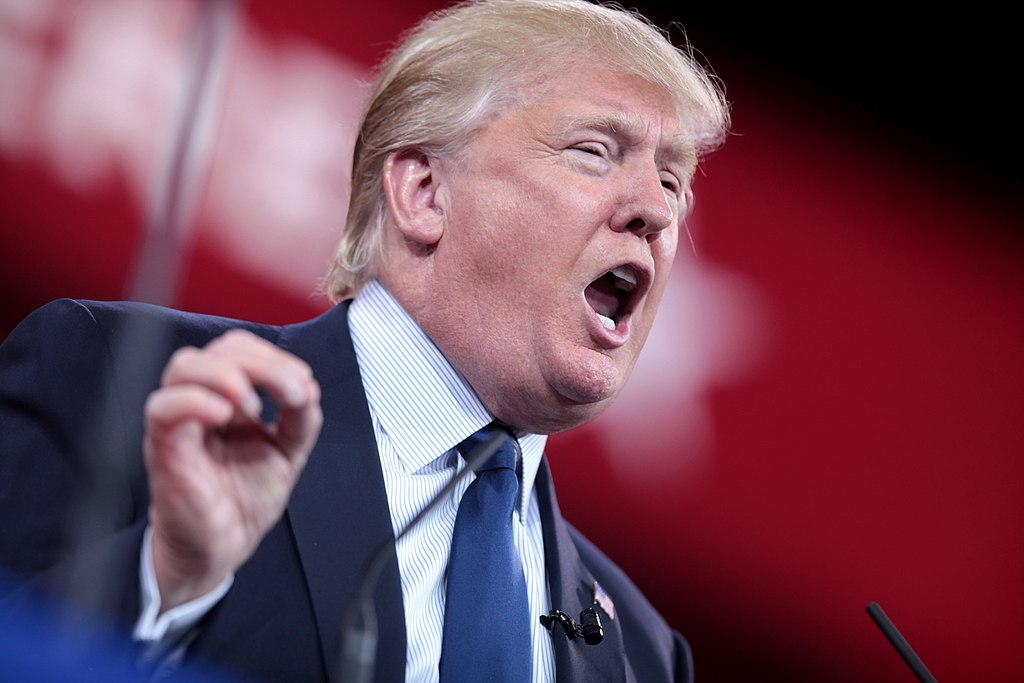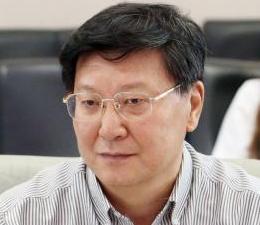
President Trump wants to escalate trade friction between the United States and China. After the Chinese government announced its countermeasures against US exports, he also wanted to impose new trade sanctions against China and announced he would impose tariffs on another $100 billion worth of Chinese exports to the United States.
The last time the Trump administration imposed tariffs on Chinese high-tech exports to the U.S., it only involved U.S. corporate production, and did not harm the American public. Because of President Trump’s escalation, the American people will feel cold winter weather this spring.
Trump’s advisors who understand macroeconomics have all left their jobs, and the rest of his advisers on trade are people who experienced trade war with Japan and the Soviet Union in the 1980s, and can’t really help him understand the consequences of a trade war with China on the US economy. They also revel in the illusion of winning the trade war. President Trump, whose popularity has recently risen, according to polls, still feels that he is a hero who dares to challenge China. He seems to be unaware of the danger of economic instability.
Since the financial crisis of 2008, the U.S. government has used all resources to save its capital market. Not only has the Treasury used large amounts of government money to save financial institutions, but the Federal Reserve, the U.S. central bank, has also adopted an unconventional and extremely loose monetary policy. First, it lowered interest rates to zero, and it then adopted three rounds of "quantitative easing" measures to purchase bonds. These "printed banknotes" may have caused hyper-inflation, but thanks to globalization, a large number of "newly printed" dollars have flown to emerging economies and were not retained in the United States. The apparent prosperity caused by the large amount of capital flowing to emerging economies has enabled U.S. financial institutions to make a lot of profit, partially offsetting their losses in the crisis. At the same time, substantial exports from China and other emerging economies to the United States have lowered the prices of general goods, so that the US economy has avoided super-inflation.
However, with the escalation of trade friction between the United States and China, all these benefits may evaporate.
First of all, the increase in tariffs on Chinese exports will generally raise prices. Moreover, China's products are ubiquitous and it is not so easy to find substitute manufacturers. Even if some countries can provide some alternatives, they cannot provide such a large quantity of finished products to the U.S. market. In the past, it was said that China's only comparative advantage was cheap labor. But that was a lie. As a result, Americans thought it was easy to replace Chinese manufacturing. In fact, the real advantage of manufacturing in China lies in having the complex supporting procedures required for industrial production and a comprehensive industrial system. These advantages are not possessed by any other countries. Therefore, the rise in the price of Chinese exports to the United States will immediately lead to a dramatic increase in inflation.
Second, the employment rate in the United States has reached a record high, and the Fed has also ended quantitative easing and entered a channel for raising interest rates. If inflation rises rapidly, the Fed is bound to accelerate raising interest rates to offset inflationary pressure. With the Trump administration’s tax cut policy, the government’s fiscal revenue will fall and new government bonds should be issued to ensure public spending. The Fed’s withdrawal from the bond market has caused new difficulties in the issuance of government bonds. Who will buy new government bonds? The Fed’s interest rate has risen, and the ability of financial institutions to purchase Treasury bonds has also declined. The Chinese government has this ability. But in the context of the US’s trade war with China, how can you expect the Chinese government to be willing to buy U.S. treasury bonds? If there are few buyers of new Treasuries, the interest rate of Treasury bills will rise sharply, which will increase the future financial burden on the US government and increase uncertainties in the US capital market.
Finally, if the interest rate on the bond market rises sharply, it will cause turbulence in the US capital market. A large number of investors will leave the stock market and pursue profits in the bond market. In recent years, U.S. stocks have recovered and surpassed pre-crisis levels, thanks in large part to the Fed’s super-loose monetary policy, which allows investors to borrow money almost for free to “buy” financial products on the stock market. New financial bubbles have been emerging one after another. First, the "shale gas revolution" bubble, then the "individual credit insurance" bubble, and so on. However, investors believe that these bubbles cannot be sustained. When the Fed raises interest rates to a certain stage, the bubble will certainly burst. Waging a trade war against China will only make this moment come sooner.
Before Trump was elected president, he issued a tweet saying that if the US stock market fell more than 2,000 points, the current president should step down. If president Trump's understanding of these macroeconomic relations is unclear and he finally engages in a trade war with China that leads to a large imbalance in the US economy, which leads to the collapse of the stock market, he may have to consider taking his own advice.



